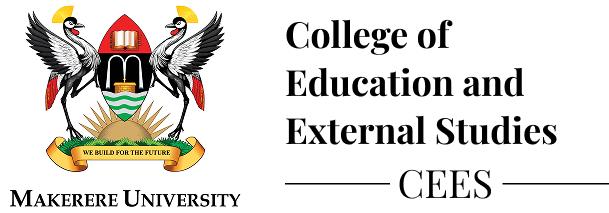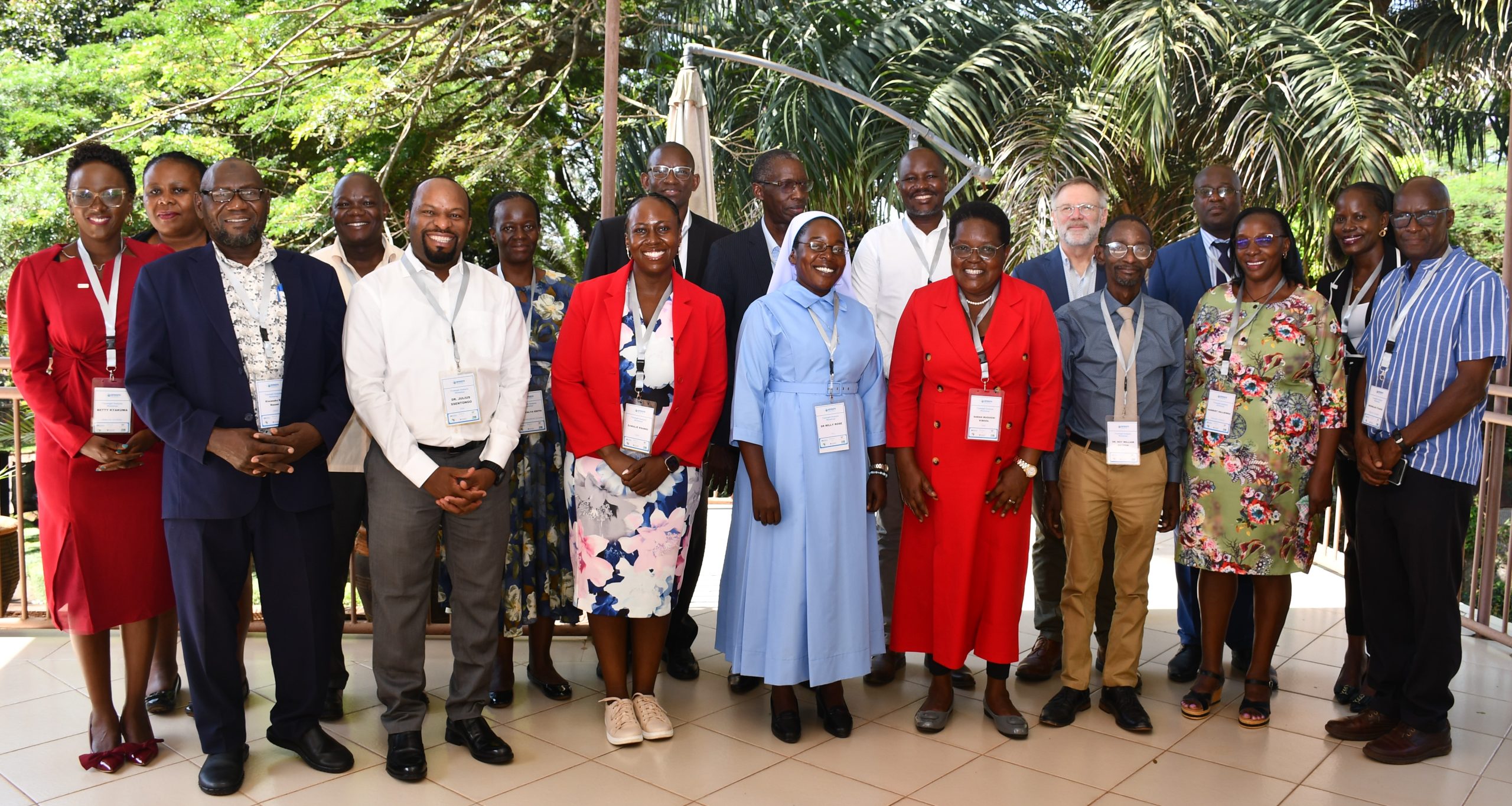History teaching and learning is perceived by many to be boring. This according to students is because history is often presented in such a way that students have to memorize names, dates, and events. Others argue that it is not relevant anymore. But scholars have argued that people who think that history is irrelevant aren’t getting the message that history can repeat itself and by not learning from the mistakes of the past, one is likely to repeat them in the future.
For this reason, scholars at the College of Education and external Studies have worked with their counterparts from Gulu University and Kabale University to find innovative ways of teaching history studies. Headed by Dr. Harriet Nabushawo, the team has identified the use of ICTs in history as one way of spicing up the teaching and learning of history.
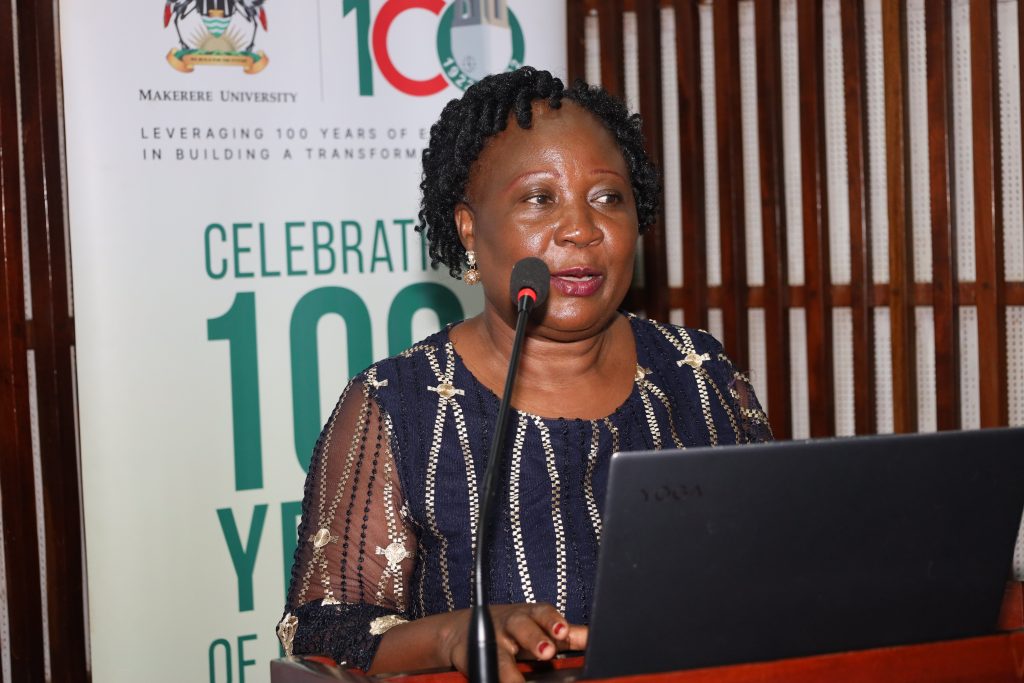
During the final dissemination of their research findings on Friday July 7, 2023, Dr. Nabushawo said the research team had discovered that history teaching can be spiced up by using VOKI and Screencast –O-matic applications.
Voki, is a software which allows for the teacher to create avatars to replace the teacher in voice and form while Screencast-O-Matic is used to make videos, images, illustrations, animations and maps. The two applications help kill monotony of text and voice. The research team under their title, Using Emerging Technologies to innovate the Teaching and Learning of Public Universities in Uganda (eHistory) have trained lecturers in Makerere University, Gulu University and Kabale Universities in using these ICTs. The team has also developed an application where all the teaching content has been uploaded. The same has been uploaded on the different learning platforms of the respective universities such as MUEL
The team recognizes the fact that the 21st Century students are digital natives who prefer learning experiences that involve ICT enhanced tools such as audios, visuals and audio-visuals.

While officiating at the final dissemination, Dr David Kabugo, who represented the Principal of CEES, encouraged the team to extend the innovation to secondary schools as well, saying the innovation is important for the country and large and will rejuvenate interest in history learning.
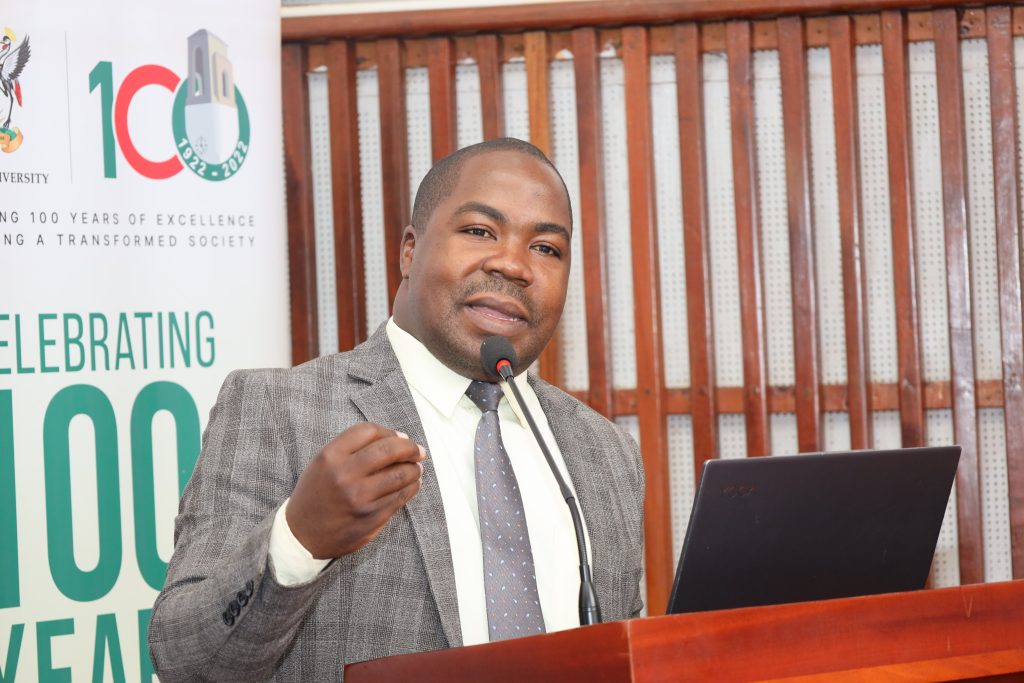
He called for adoption of this mode of teaching for humanities subjects for the innovation has allowed a blend of sciences into humanities.
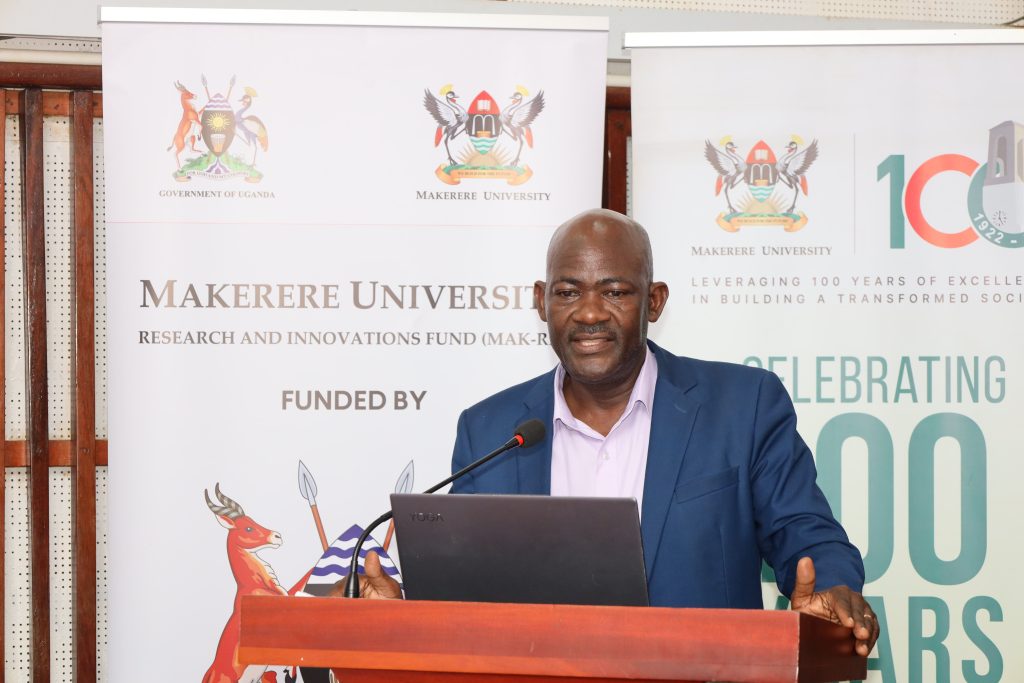
The Dean of the School of Distance and Lifelong learning, Dr. Twine Bananuka congratulated the research team and emphasized the importance of history.
Dr. Godfrey Mayende who represented the Director of IODEL said the project gives the institute hope that e-learning is the way to go. He said the institute is moving towards institutionalizing e-learning for all courses within the university.
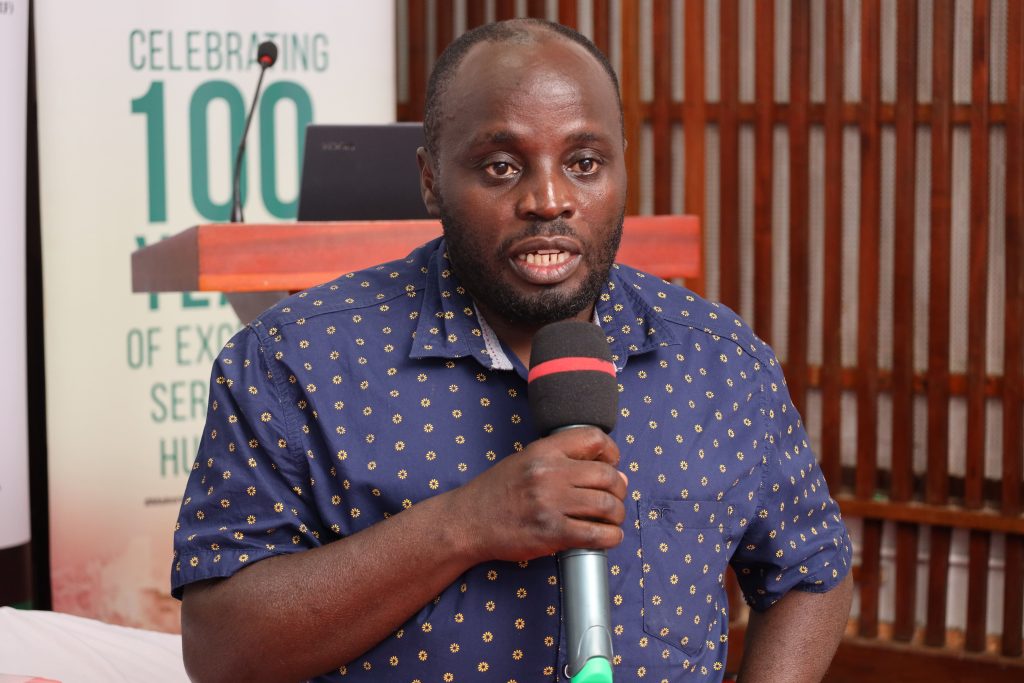
The presentative of MAK-RIF, the funding agency of the research, Mrs Phoebe Lutaaya Kamya, encouraged the research team to apply for the 5the MAK-RIF call which will focus on commercialization of innovations. This she said can help in the extension of the project to secondary schools.
Screencast-O-Matic https://screencast-o-matic.com/
This is an Application that allows one to easily create, edit and communicate with videos and images. Educators and students turn to Screencast-O-Matic for easy video communication. Videos are used in the classroom for flipped/blended learning, Video Messaging, student assignments, feedback and more! The App has simple and intuitive tools to share ideas.
This App allows one to create Avators, dress them up, give them the words to say and share with the learners. It is an engaging, collaborative, empowering and fun way to teach and learn.
eHistory App
Download APP: Click Here
This is a groundbreaking educational tool that seamlessly integrates eLearning platforms from three universities to enhance and enrich the teaching of history.
It also provides a friendly learning environment for the 21st student who wants to study anywhere, any time.
The app aims to provide students and instructors with an immersive and collaborative learning experience.
The research team
- Dr. Harriet .M. Nabushawo
- Dr. Harriet Najjemba
- Prof. Paul .B. Muyinda
- Dr. Dorothy Sebbowa
- Mr. Jonathan Kizito
- Mr. Joab Mumbere
- Ms. Hope Musiime
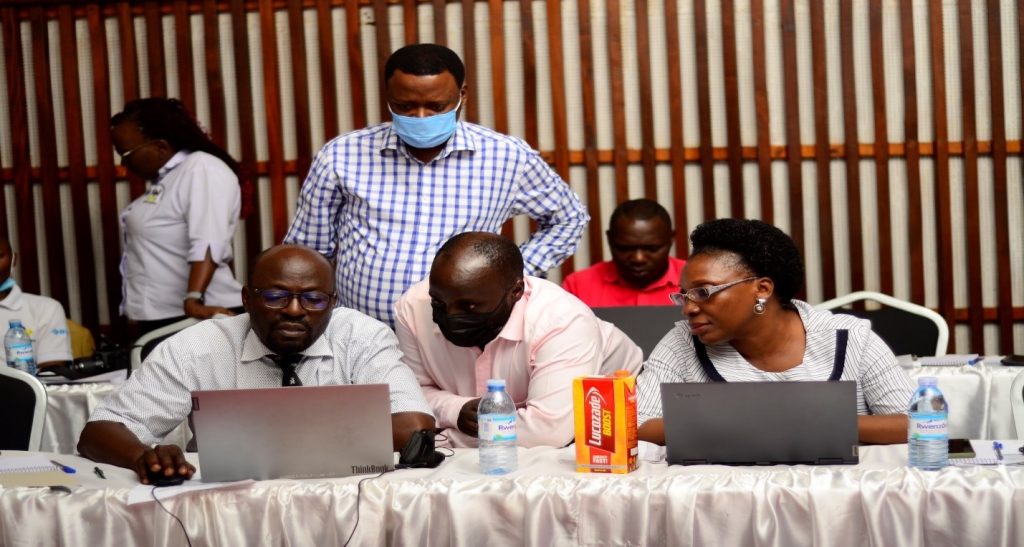
L-R : Prof. Muyinda, Dr. Mayended and Dr Najjemba during one of the trainings at Makerere University.
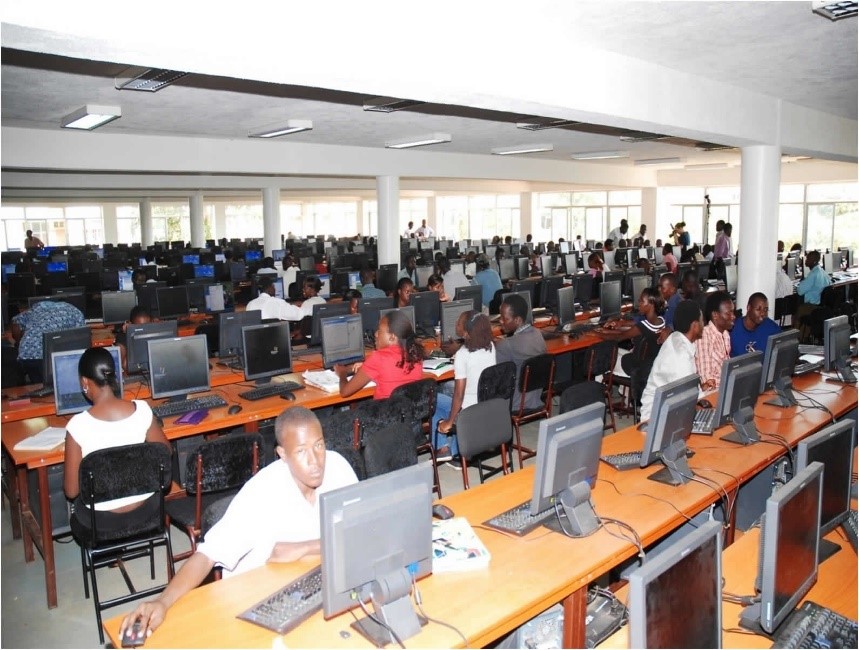
The existence of computer facilities in public universities has made it possible to embrace this new technology.
